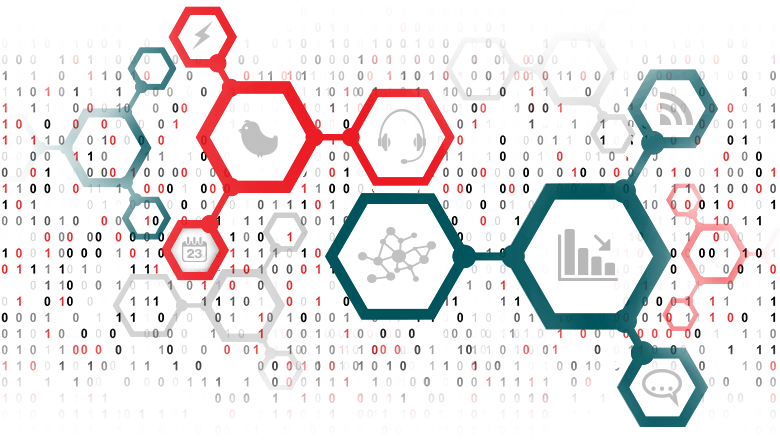Feudalism and the “Algorithmic Economy”
Using AI and algorithms to return to feudal economic models

For the sake of this essay, feudal economic models imply the idea that a very tiny segment of the society is fantastically rich while the bulk of society works hard, has few choices about the work they do, and tend to be poorly compensated for their efforts.
feu·dal·ism: noun, historical
- the dominant social system in medieval Europe, in which the nobility held lands from the Crown in exchange for military service, and vassals were in turn tenants of the nobles, while the peasants (villeins or serfs) were obliged to live on their lord’s land and give him homage, labor, and a share of the produce, notionally in exchange for military protection.
Welcome to the Algorithmic Economy, a future which uses machines to determine how effective you can be and how little they can pay you in the process.
There are no unions in this economy. There are no bosses to complain to. There are no people you can ask for redress. Because in this economy, the people doing the labor are considered the least important part of the machine and it’s best if they never communicate with someone living if it can be helped.
This is just like something out of a dark and dystopian science fiction novel, except its likely happening to you, right now. If it isn’t, unless you are very fortunate, it will be, soon. I write about the near-future in my speculative fiction. Often these are my most unpopular stories because they paint technology in a less-than-ideal light.
…click on the above link to read the rest of the article…